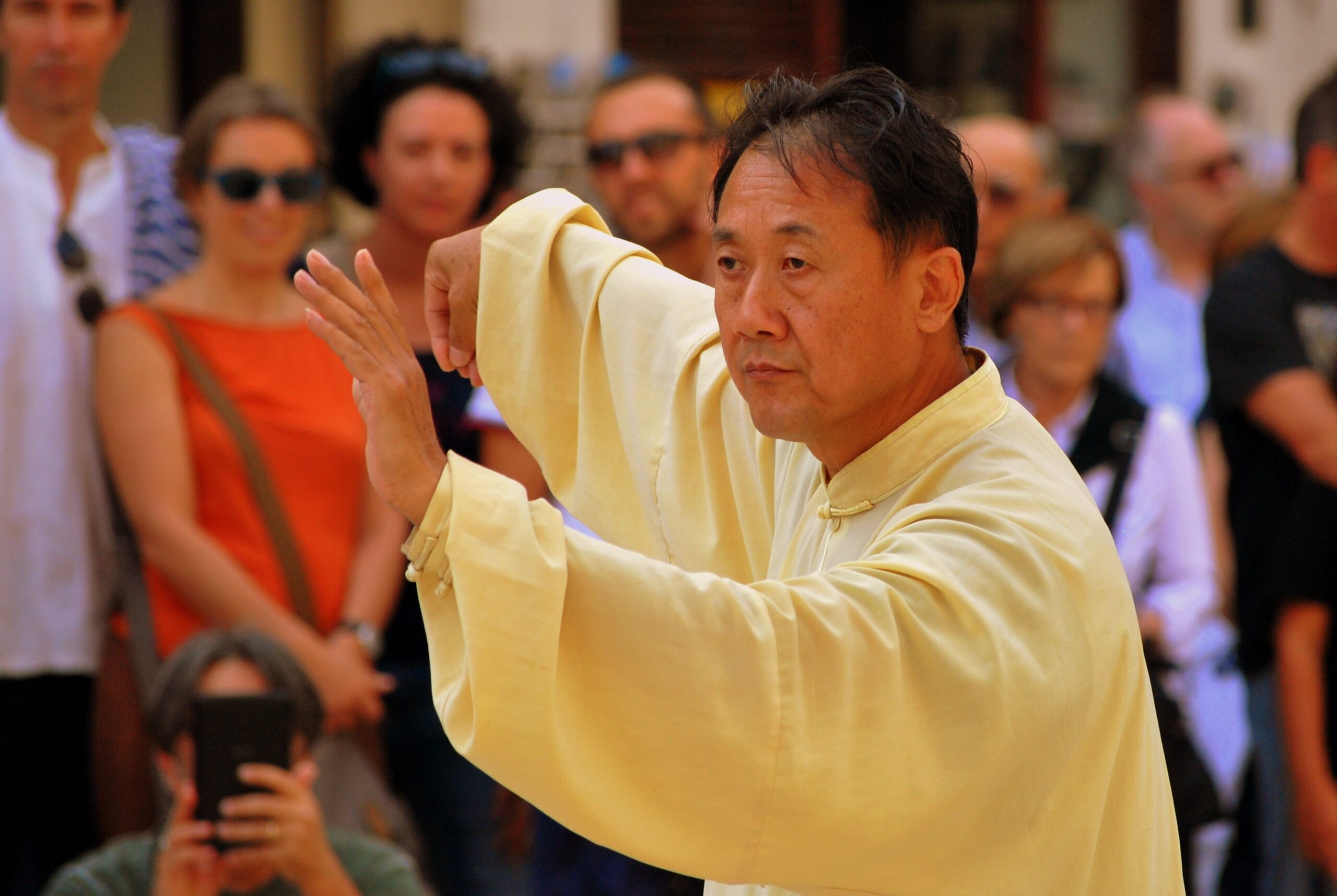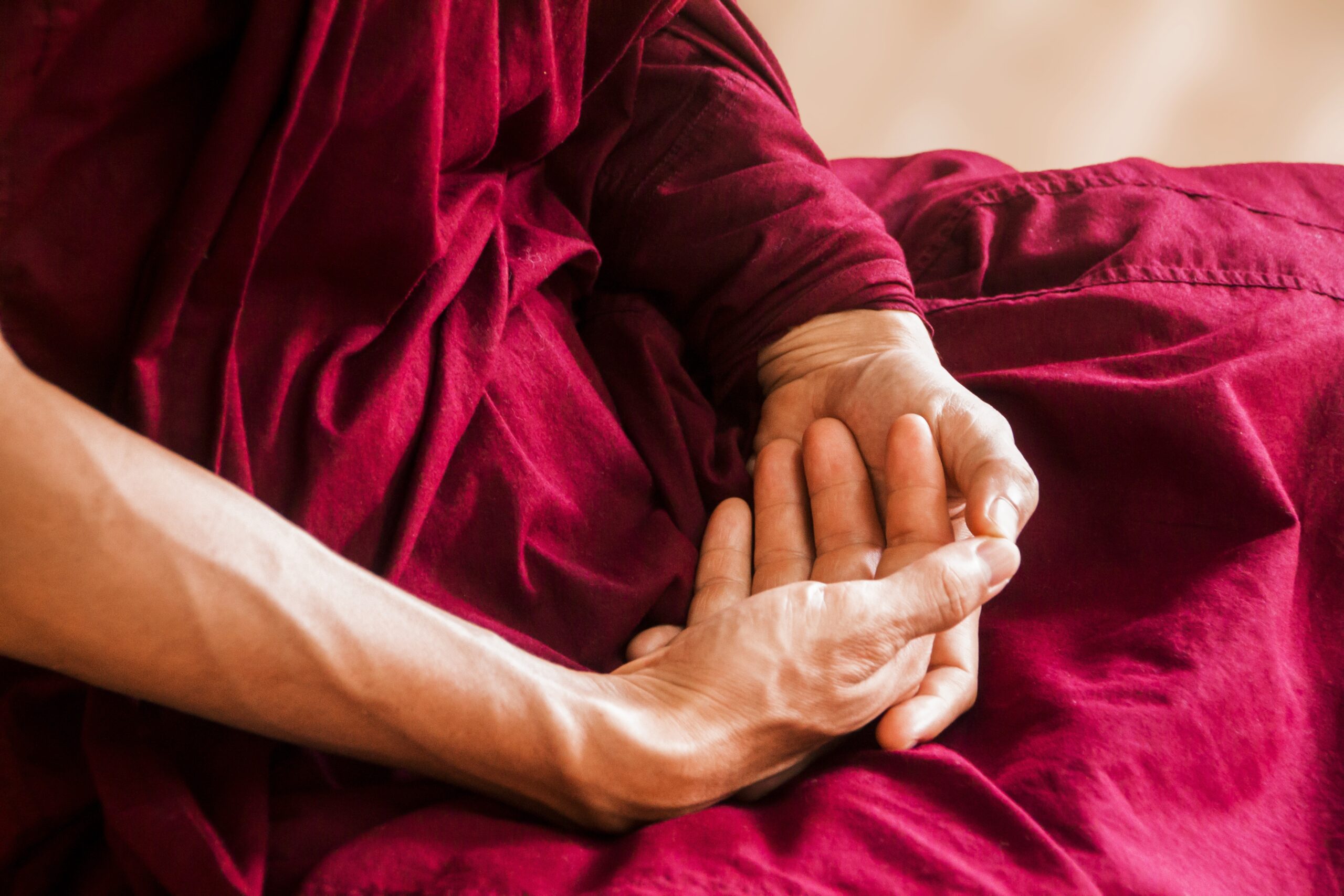Mind Power Taps Chi & the Subconscious
Few people realize yinian— the yi consciousness or mind power is so integral to tai chi qigong that, without it, you cannot train adequately in martial arts, meditation and healing. Without this cultivated frame of mind, progress would not only be significantly slower, but be limited to the physical beginning levels of training.
How big a difference would it make on learning? It’s like comparing the speed of traversing a distance of several hundred miles on foot as compared to getting there by plane.
My 107-year-old grandmother whose memoirs I am currently writing, once told me how, at the turn of the twentieth century, it would take several days for her to travel by boat from mainland China to Singapore. This was before the advent of commercial flights. Yet now, it would take little more than an hour to reach the same distance by plane.
Likewise, in tai chi qigong, this mindset is like the plane that gets us to our destination much faster than if we worked on only physical calisthenics. It is the visualization, the intent and the goal setting, the attitude. But most importantly, yi mind power is transcending the limitations of the physical level and the conscious mind to access the powers of the subconscious mind.
If you are fairly new to the concept, please read the following pages:
How to Channel the Chi
Beware of Your Intent
The Importance of Cultivating Yinian, the Yi Consciousness or Mind Power
However, perhaps another analogy can even further simplify understanding:
Shortly after 1982, the official implementation of the standard Internet protocols, independent networks that were, until now, limited to a few gateways that joined a small number of different communication networks, very quickly turned into a global network that was to have widespread implications on culture and communication.
Suddenly, rapid communication through electronic mail, text-based forums and the World Wide Web was available, and our view on global communication began to take on a whole new perspective.
In the 1980s, we would consider reasonable response time to download, say a simple online program to be ten or fifteen minutes. Now, we would chafe impatiently if it took more than a few seconds to download the same program!
Why? Because we have gotten used to higher capabilities of technology, and we have come to expect that level of capability.
This higher level of capability is comparable to the difference between mental yi mind power that employs the subconscious mind, and the lower qigong training levels that employ the conscious mind and physical movements.
But now, just imagine a computer that takes less than a nanosecond to download a program 100 times more complex than the simple program mentioned. Is such a computer possible? You might think something like this has yet to be invented.
But indeed, there exists such a computer now — your very own subconscious mind!
This is the ultimate level of training that we practice when we seek healing and spiritual or personal development. At this level, our training becomes almost purely mental, and we seek only to perfect the training at the subconscious level. Yi consciousness or mind power is the central component to this kind of training.
This assumes that we have already finished our physical training, which takes little more than several months, and we now transcend the conscious training so that all that remains is the acquisition at the subconscious level.
Yinian also plays an important role on the physical level with which beginners may or may not be familiar. While traversing distance on foot may seem slow, wearing high heels in contrast to say, running shoes, would definitely affect the distance you can cover in a day.
Likewise, when students are taught visualization, to practice their movements with intent and focused but detached concentration, the finer details, precision, subtle balance and grace all becomes that much easier to acquire, as compared to just working in the blind and doggedly putting one step in front of the next.
Five times a winner of the Mr. Universe title, movie star, real estate mogul, and California governor, Arnold Schwarzeneger sums up his secret to success: “It’s all in the mind.” Before he even made a name for himself, he worked hard daily at step by step, detailed visualization, literally transforming himself in his mind what he wanted to be as his successful outcome.
This is what it is all about on the physical level: transforming what you see in your mind, turning your intent and objective into reality. This is tapping into the powers of the subconscious.
But it doesn’t stop there. Yinian or mind power also takes chi development a step further.
Waigong or hard arts emphasizes physical strength and stamina. Even when chi (ie. ki in karate and jujitsu, gi in taekwondo, and prana in Indian yoga) is mentioned, it is often the more superficial waidan chi or external energy that relies on physical force to propel it.
Neidan chi or internal energy that is cultivated in soft arts such as tai chi qigong, Indian yoga, quiescent meditation and bagua, relies on yi mind power to transform coarse chi into refined jing or essence. It is also the same mindset that propels the chi and channels it for health, healing, self-defence or spiritual advancement.
The concept of yinian, this yi consciousness or mind power, is not easily translatable in English. It goes beyond mere visualization, goal setting, concentration, attitude, and detached, mindful intent. But it is so absolutely essential to the success of tai chi qigong training. Especially when approaching it from the traditional and more holistic lifestyle and perspective, it is the only means to reaching the higher levels of training.




